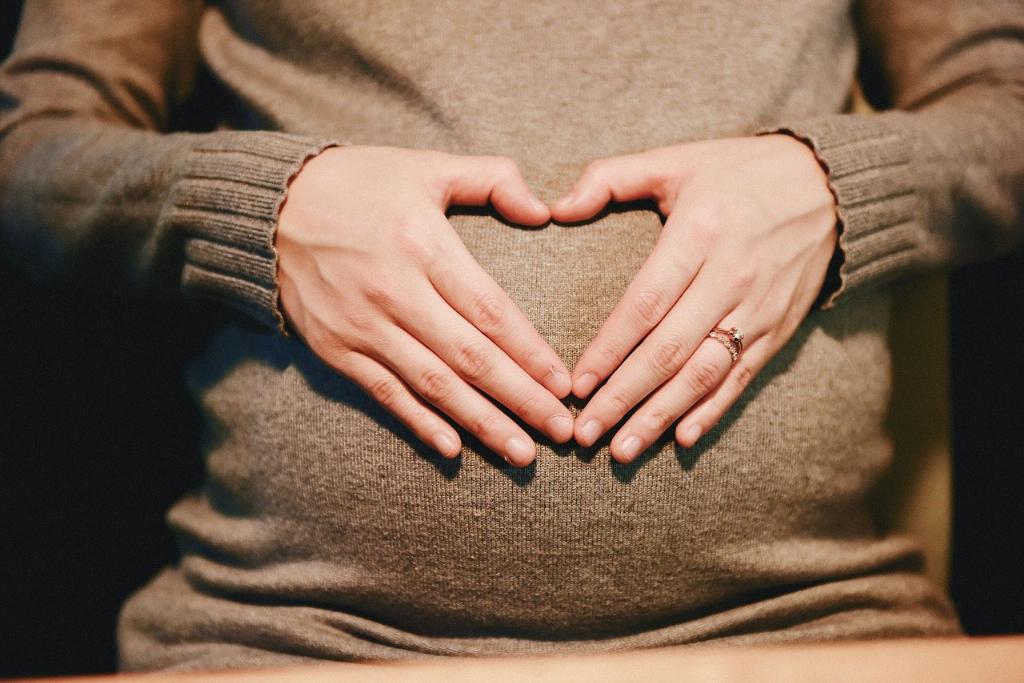When it comes to the accuracy of pregnancy tests, particularly home tests, false positive results can be a cause for concern. One common question that arises is whether using old pregnancy tests can lead to false positives. It’s essential to delve into the factors that can contribute to false positives in pregnancy tests, including the role of expiration dates and other potential causes.
Effect of Expiration Dates
One critical factor to consider is the impact of expiration dates on pregnancy test results. Expired tests may not provide accurate results, leading to potential false positives. The chemicals in the test kit may degrade over time, affecting the test’s sensitivity and reliability.
Variables in Home Pregnancy Tests
Home pregnancy tests have various variables that can influence their accuracy. Apart from expiration dates, other factors such as the quality of the test, handling procedures, and timing of the test can all play a role in determining the test’s reliability.
Contaminated Urine Collection
Another potential cause of false positives in pregnancy tests is contaminated urine collection. Using a contaminated urine collection cup or not following proper hygiene practices during the testing process can introduce external substances that may interfere with the test results.
Quality of the Test
The quality of the pregnancy test itself is crucial in determining the accuracy of the results. Cheaper or low-quality tests may be more prone to giving false positives due to their lower sensitivity and specificity compared to higher-quality tests.
Timing of the Test
The timing of the pregnancy test can also impact the likelihood of false positives. Taking the test too early or too late in the menstrual cycle can affect the levels of hCG hormone in the body, leading to inaccurate results.
Handling Procedures
Proper handling of the pregnancy test is essential to ensure accurate results. Following the instructions provided with the test kit, using the test at the right temperature, and reading the results within the specified time frame are all critical aspects that can influence the test outcome.
Types of False Positives
Not all false positives in pregnancy tests are caused by using old tests. False positives can also occur due to chemical interference, certain medications, medical conditions, or even a chemical pregnancy, where a fertilized egg fails to implant properly.
Recommendations for Accurate Testing
To minimize the risk of false positives in pregnancy tests, it is advisable to use tests that are within their expiration dates, follow proper handling procedures, and take the test at the appropriate time in the menstrual cycle. Consulting a healthcare professional for confirmation is also recommended in cases of uncertainty.
Seeking Medical Advice
If you suspect you may be pregnant or have received a positive result on a pregnancy test, it is essential to consult a healthcare provider for further evaluation. A healthcare professional can conduct additional tests to confirm the pregnancy and provide guidance on next steps.
Conclusion
While using old pregnancy tests can potentially contribute to false positives, it is not the sole factor to consider. Various variables, including expiration dates, handling procedures, test quality, and timing, can all influence the accuracy of pregnancy test results. By understanding these factors and following recommended guidelines for testing, individuals can increase the reliability of their test results and make informed decisions regarding their pregnancy status.

